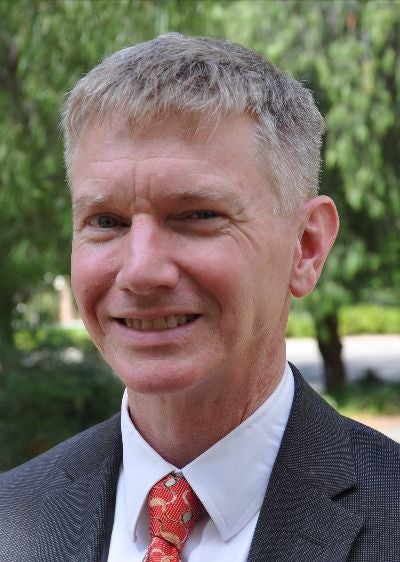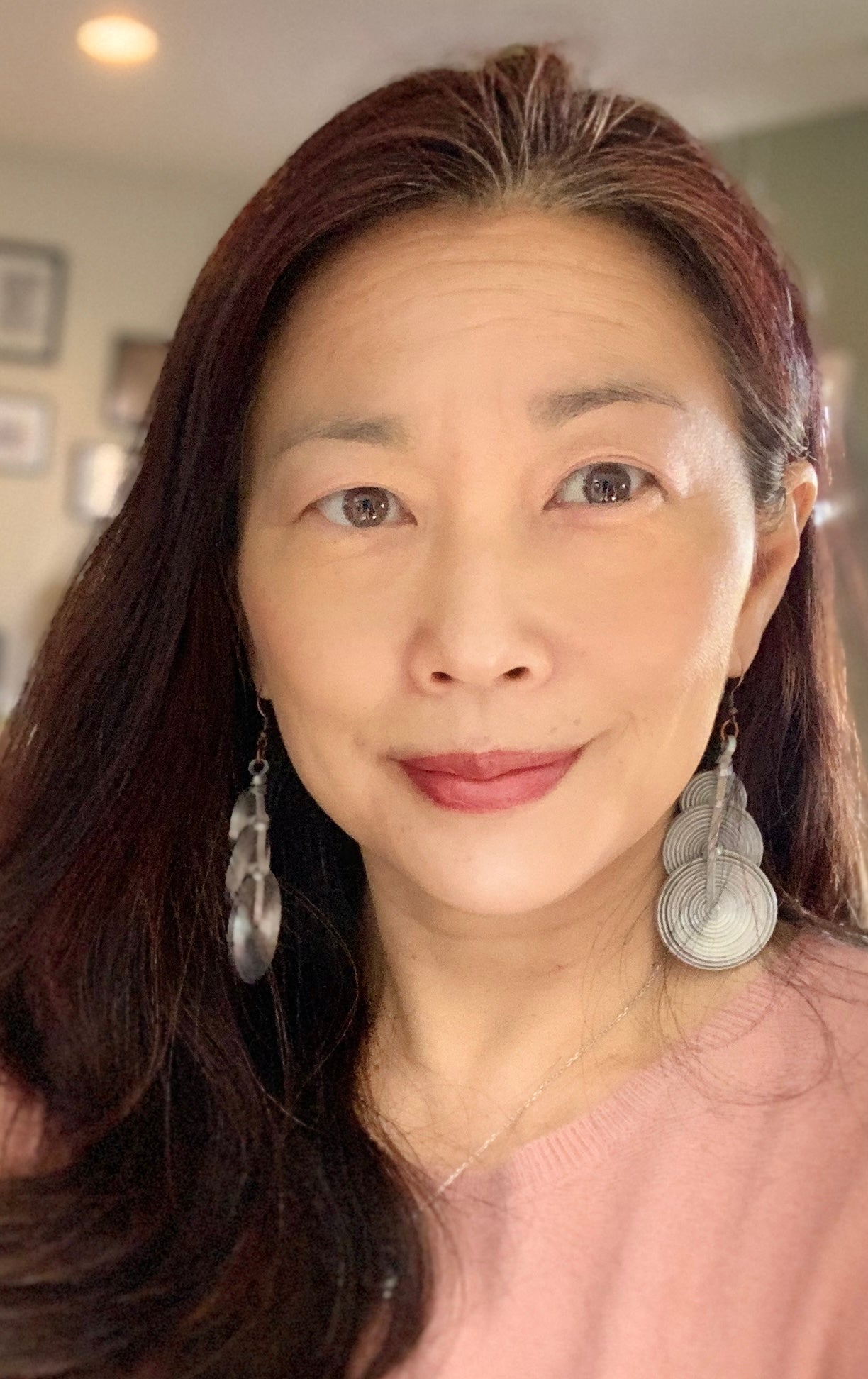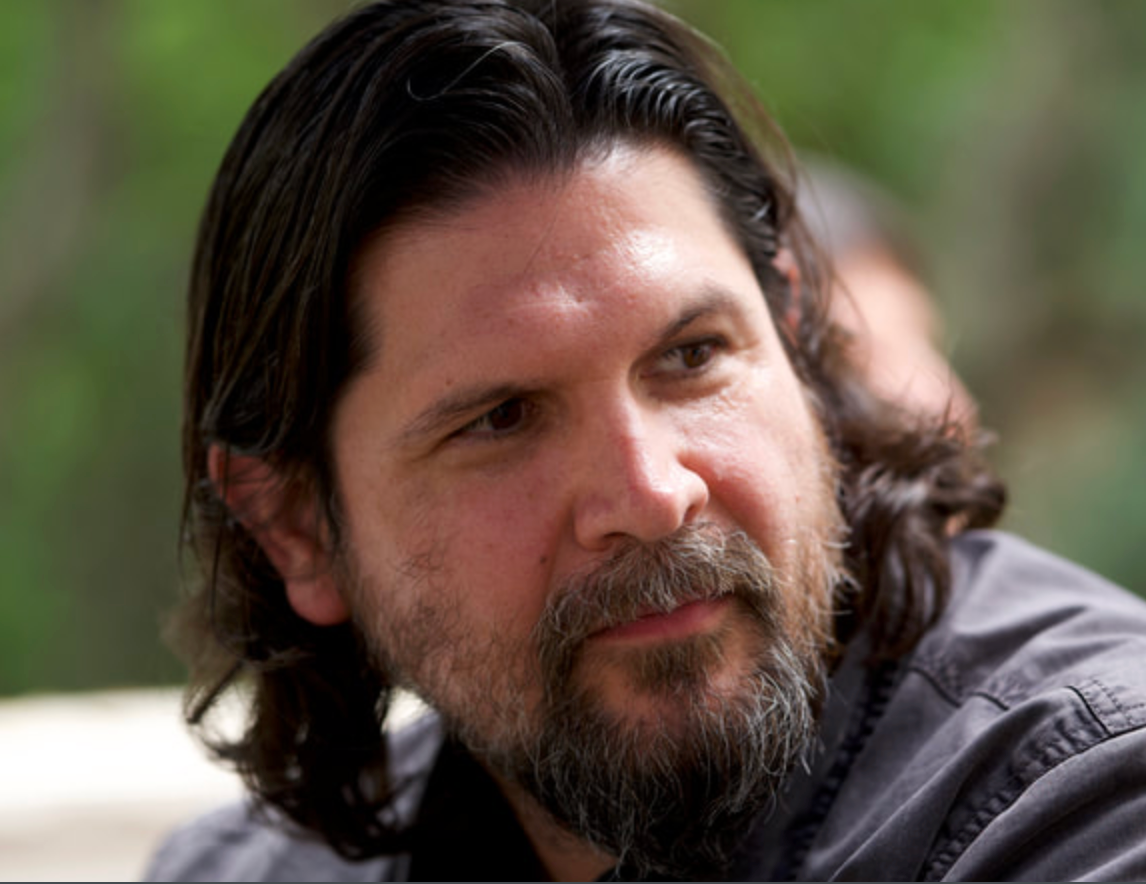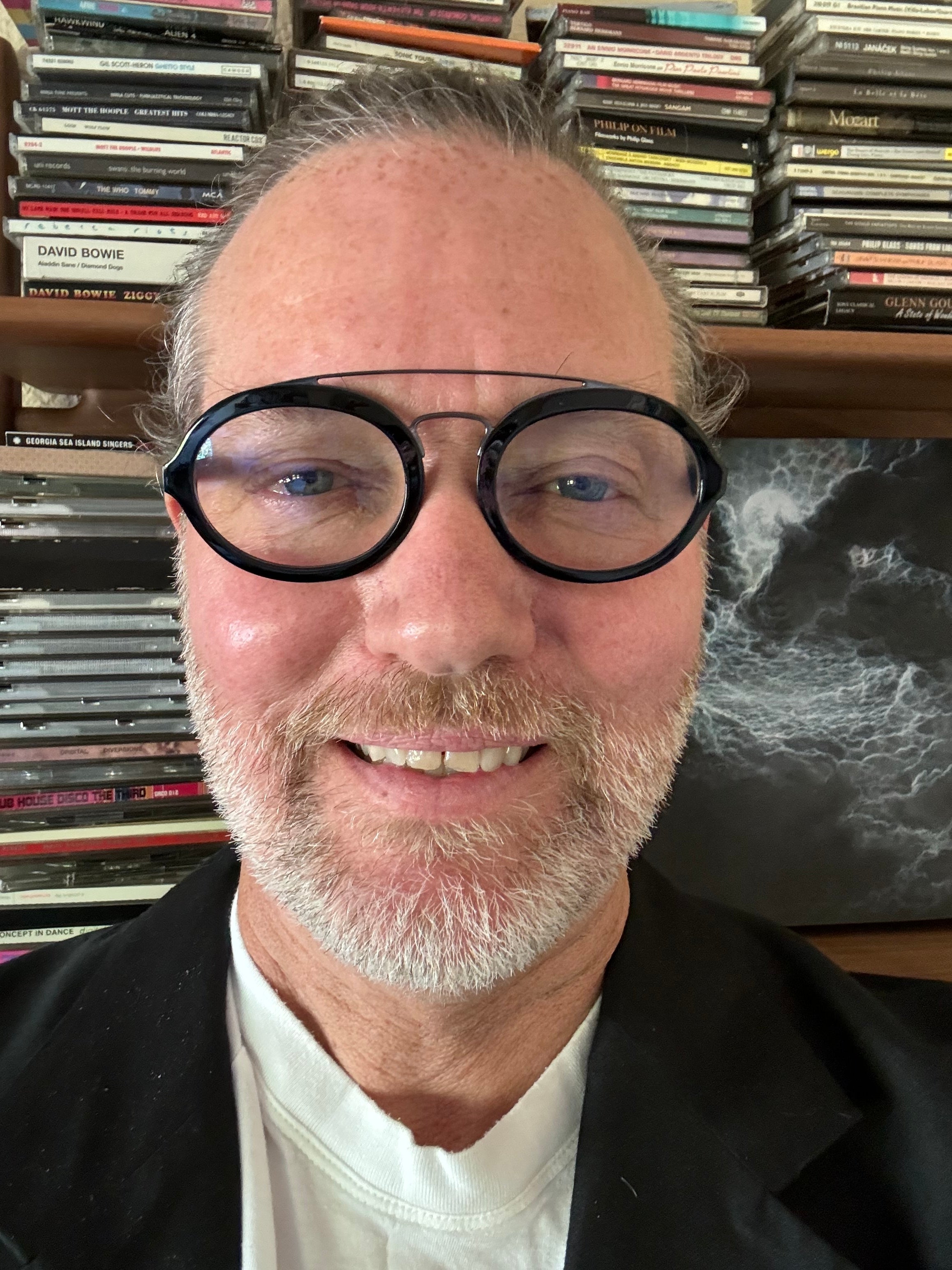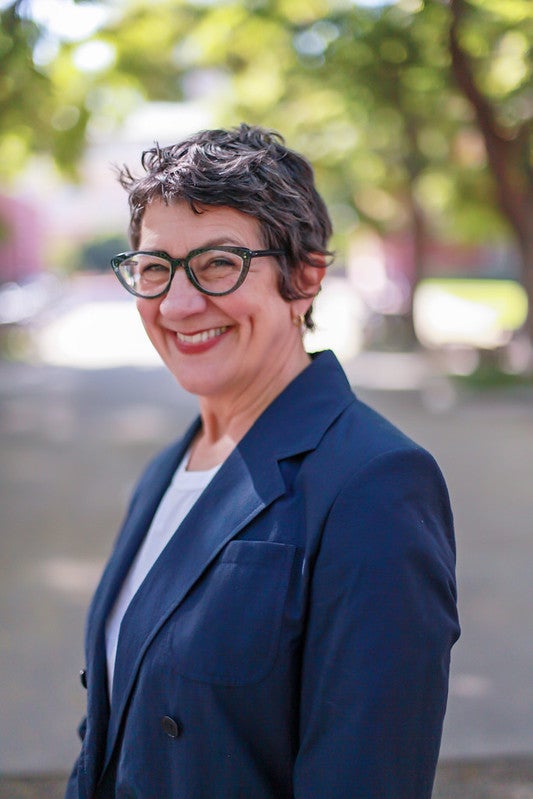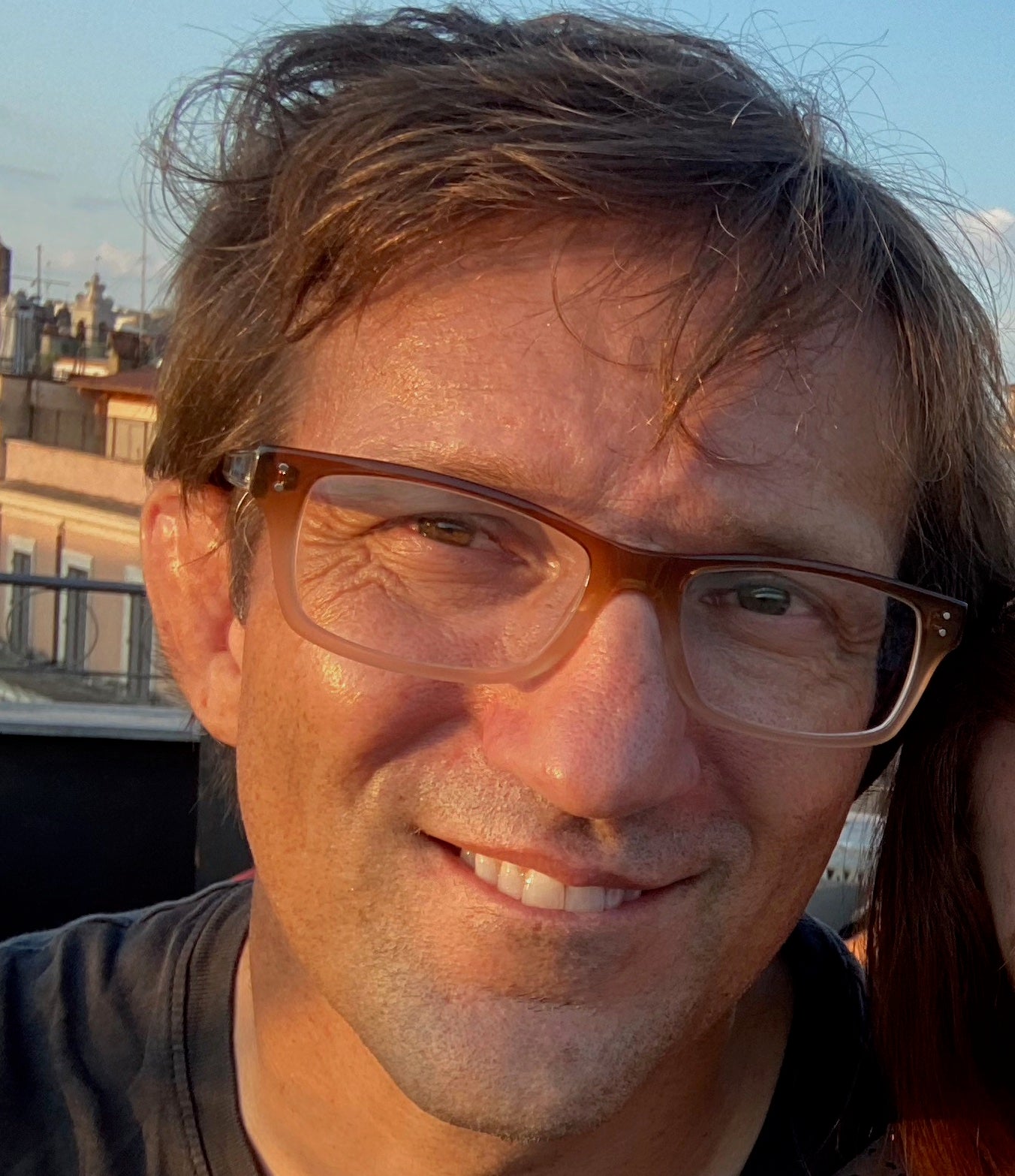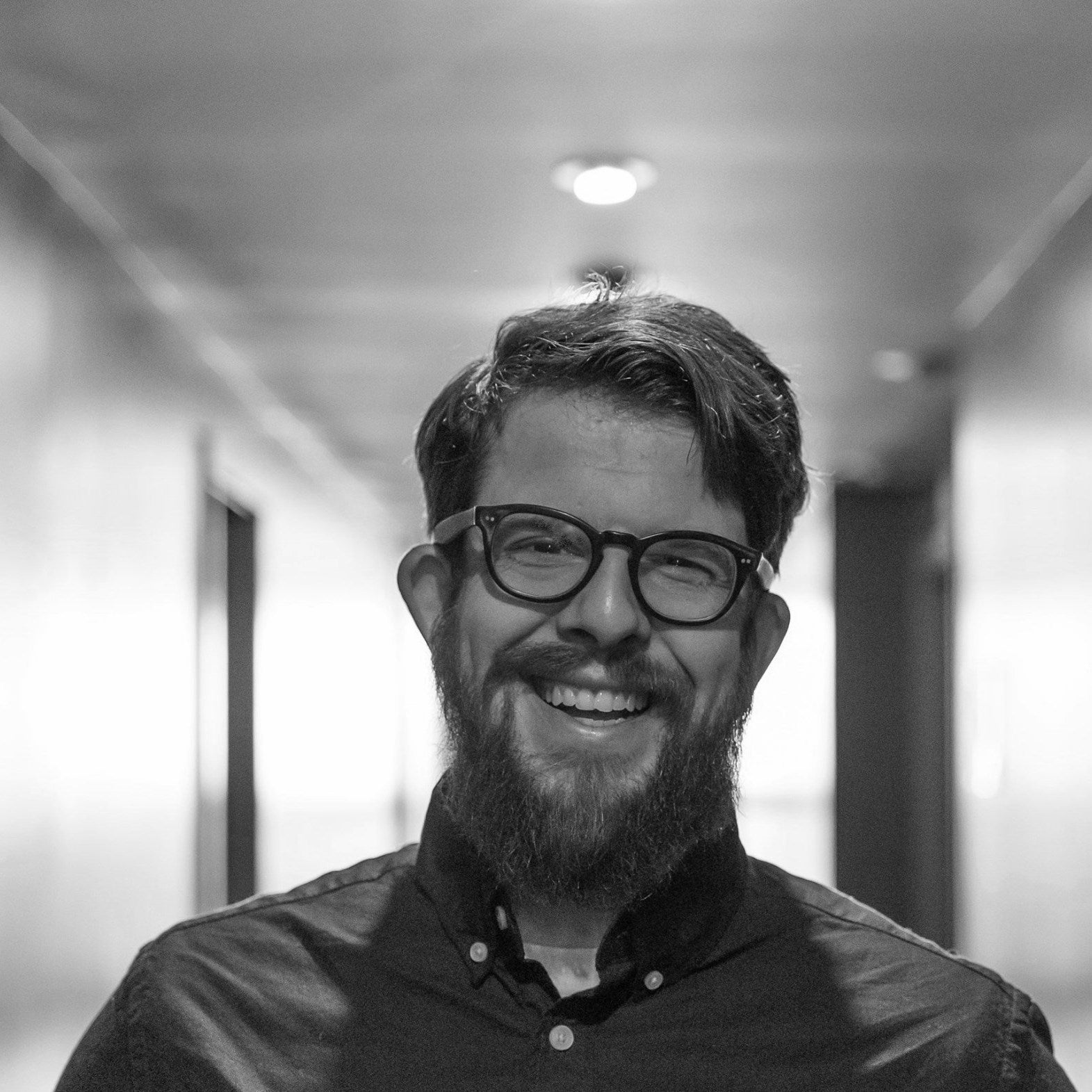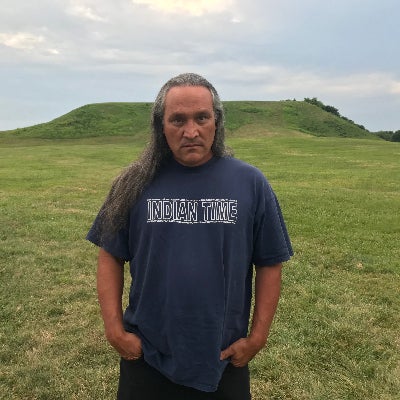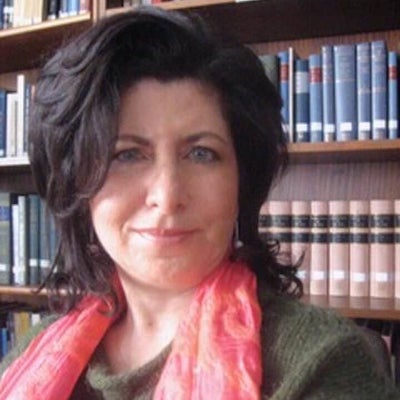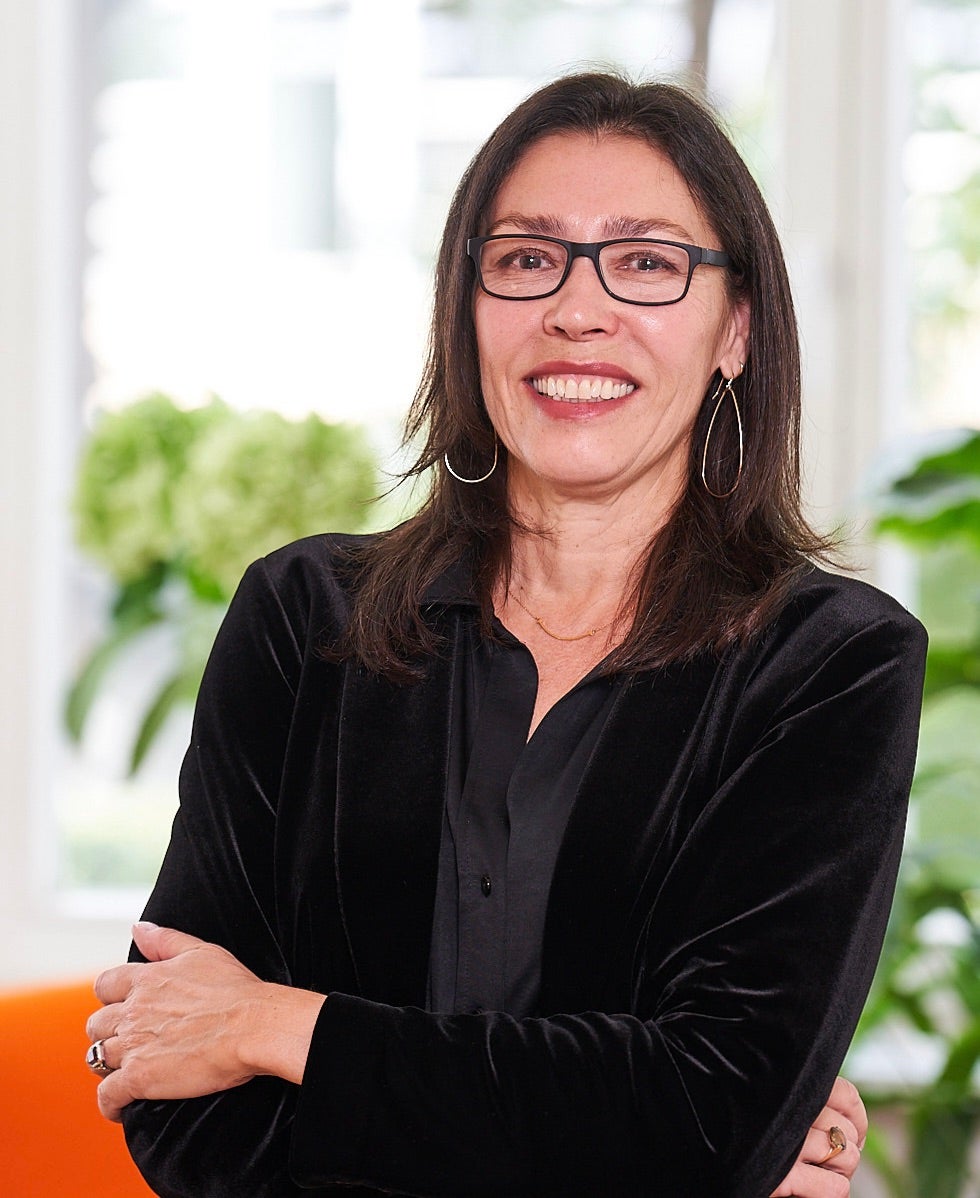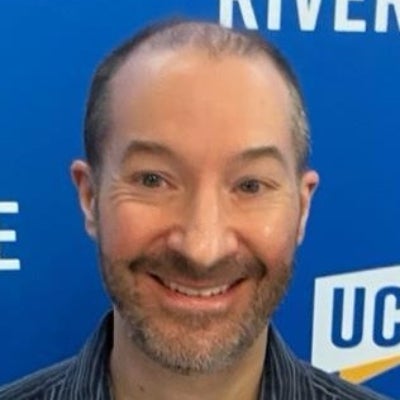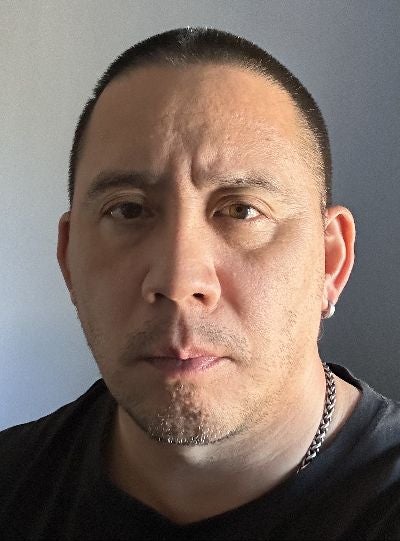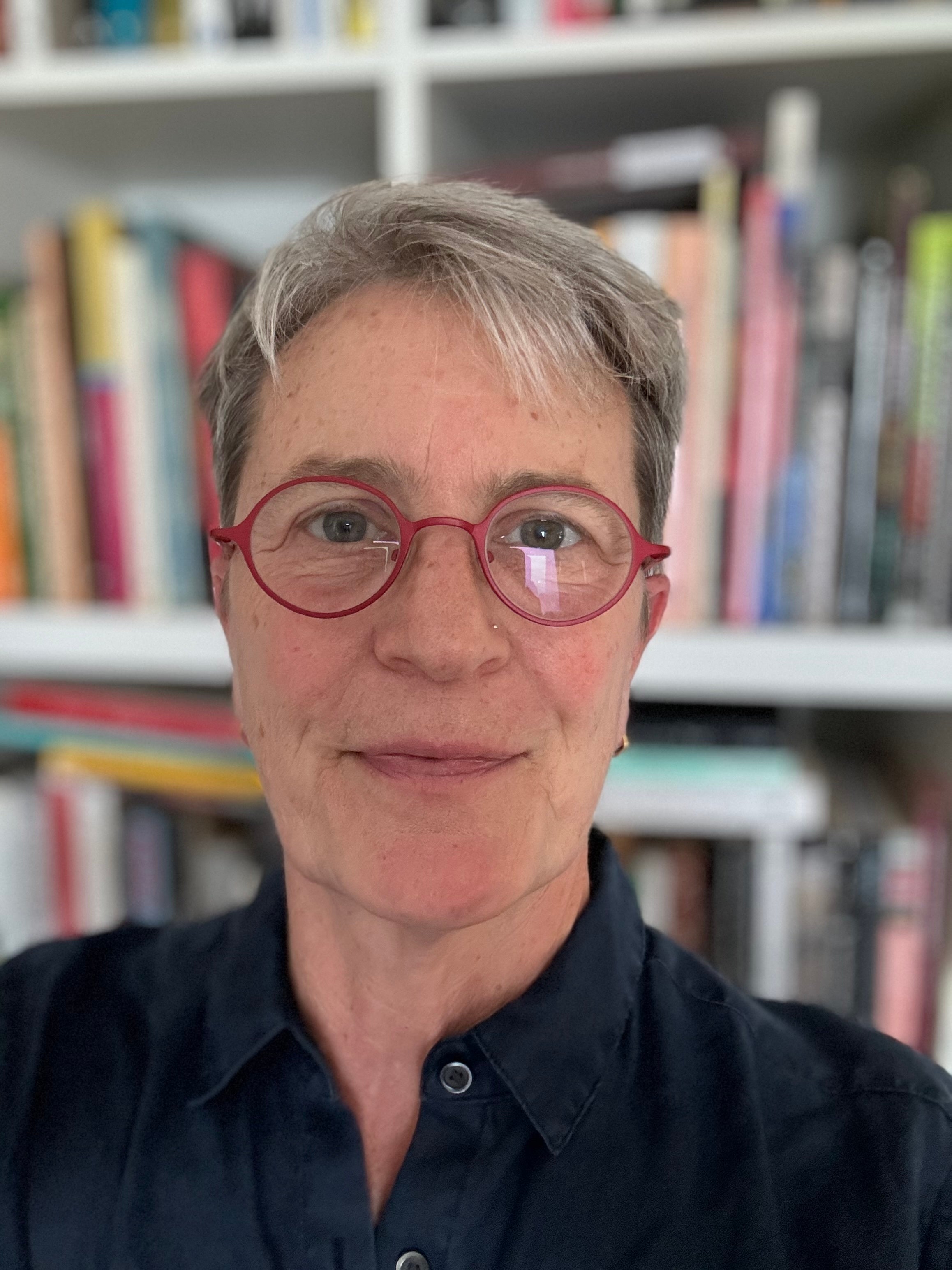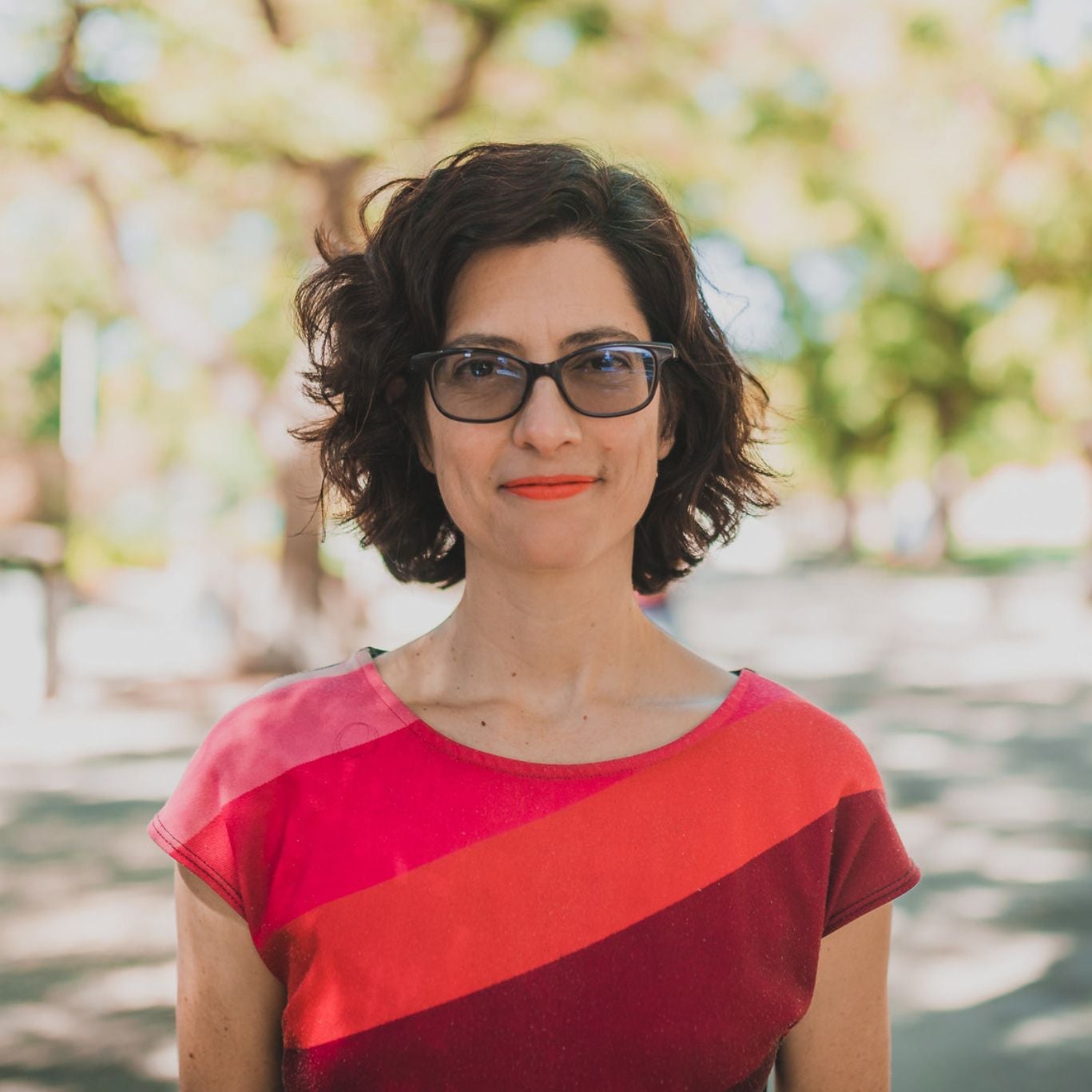College of Humanities, Arts, and Social Sciences
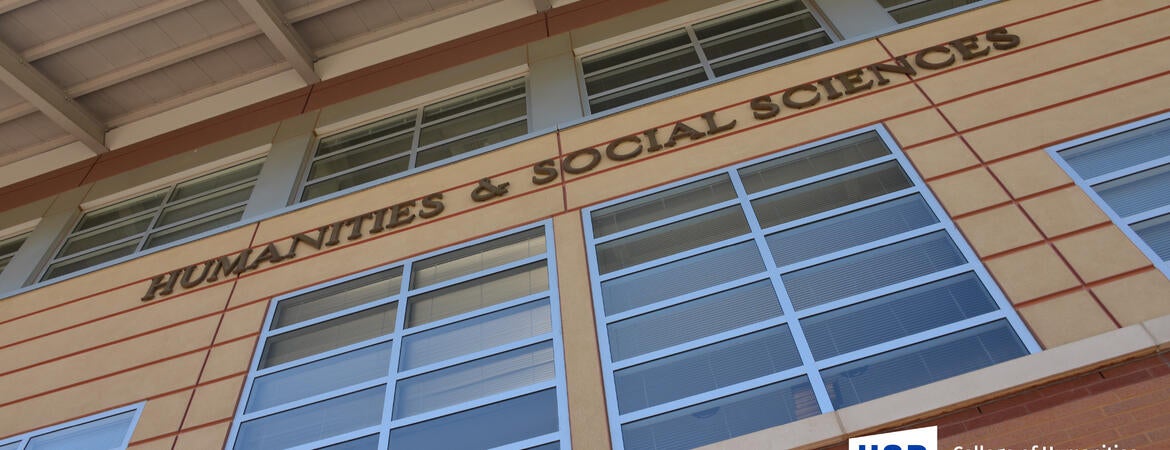
Colleagues,
I take this opportunity to announce the appointments, reappointments, and extensions of several CHASS department chairs and directors. I also offer heartfelt thanks to our outgoing unit heads for their dedication to our academic mission, teaching, research, and service.
The leadership appointments below have been reviewed and approved by UCR’s Academic Personnel Office and shared with Provost and Executive Vice Chancellor Elizabeth Watkins.
Please visit our main college website for a list of all CHASS department chairs and center directors.
Please join me in congratulating our new and continuing department chairs and directors.
Yours sincerely,
Daryle Williams
Professor of History and Dean
College of the Humanities, Arts,
and Social Sciences
University of California, Riverside
New Appointments
|
Department of Political Science Kevin Esterling is a professor of public policy and political science, chair of political science, and the Director of the Laboratory for Technology, Communication and Democracy (TeCD-Lab) at the University of California, Riverside. He is the past interim dean and associate dean of the UCR Graduate Division. His research focuses on technology for communication in democratic politics, and in particular the use of artificial intelligence and large language models for understanding and improving the quality of democratic communication in online spaces. His books have been published on Cambridge University Press and the University of Michigan Press, and his journal articles have appeared in such journals as Science, Nature, the Proceedings of the National Academy of Sciences, Nature Human Behavior, the American Political Science Review, and Political Analysis. His work has been funded by the National Science Foundation, The Democracy Fund, the MacArthur Foundation, and the Institute of Education Sciences. |
|
|
Department of Media and Cultural Studies Setsu Shigematsu Setsu Shigematsu is a professor of media and cultural studies whose research focuses on gendered state violence, comparative feminisms, and transnational liberation movements. Setsu was a postdoctoral fellow at Stanford University and a UC President's Postdoctoral Fellow at UC San Diego and began teaching at UCR in 2003. Professor Shigematsu is the author of Scream from the Shadows: The Women’s Liberation Movement in Japan, a transdisciplinary study of the history, politics, and philosophy of Japanese radical feminism. A feminist abolitionist filmmaker, Shigematsu directed and produced Desert Flowers: the Rise of Abolish ICE (2025) and Visions of Abolition: From Critical Resistance to a New Way of Life (2011/2021), a documentary film about the rise of the prison industrial complex and the prison abolition movement (www.visionsofabolition.org). |
|
|
California Center for Native Nations Mark Minch-de Leon Assistant Professor Mark Minch-de Leon is an anti-disciplinary scholar who works at the intersections of Native American and Indigenous Studies, Rhetorical Theory, and Narrative and Visual Studies. His recent work has focused on reorienting California Indian studies away from the institutional and disciplinary study of Native peoples, a position that reinforces settler colonial and western humanist modes of knowledge production, to centering California Indian modes of survival, ontologies, and intellectual sovereignty as the primary forms of knowledge in this place we call “California.” He is a member of the Susanville Indian Rancheria and one of the founders of the California Indian Studies and Scholars Association (CISSA). |
|
|
James Tobias Professor James Tobias holds a doctorate from USC’s School of Cinematic Arts. He is co-editor of Beyond Mimesis (2023), an anthology of essays exploring aesthetic experience, digital media, and avatar studies. He is the author of Sync: Stylistics of Hieroglyphic Time (2010), a study of musicality across media from early cinema to digital installation art. He is editor of special volumes from the journals liquid blackness, Music, Sound, and the Moving Image, and Television and New Media, and author of many essays in the areas of hypertext and digital arts; musicality and synchronization; avant-garde aesthetics; and sexuality studies. |
|
|
Department of the History of Art Susan Laxton Susan Laxton is an associate professor of modernism and the history of photography at UCR, with a Ph.D. in art history from Columbia University. Her book, Surrealism at Play (Duke University Press, 2019) offers the first critical assessment of the ludic strategies operating in the movement. Laxton’s work has been supported by The Institute for Advanced Study, Princeton, and the Hellman, Gould and Borchard Foundations. It can be found in Critical Inquiry, October, Transbordeur, and History of Photography, as well as in a number of catalogs and edited volumes that treat her main interests: photography, play, and the alternative art practices of the 20th-century avant-gardes. |
|
|
Michael Nelson I earned my Ph.D. from Princeton University in 2002 and was a visiting assistant professor at the University of Arizona from 2001-2002 and an assistant professor at Yale from 2002-2005 before joining the philosophy department at UCR in 2005. Most of my publications are in philosophy of language, metaphysics, and logic. Much of that work concerns the semantics and pragmatics of attitude reports, the nature of tense, time, and change, and issues concerning essence, necessity, and contingency. Recently, I have become interested in the relationship between liberty and equality, exploring whether they are independent fundamental values or are instead unified in a more fundamental underlying value of "real freedom." I am also working on a project about the interrelationships between ethical duty, love, sexuality, and the erotic. |
|
|
Matthew King Matthew King received his Ph.D. from the University of Toronto and joined the faculty at UC Riverside in 2014. He is currently a professor of Transnational Buddhism in the Department for the Study of Religion, director of the Medical and Health Humanities DE, and co-founder and co-director of UCR's Health Humanities and Disability Justice Lab. Working primarily in Tibetan and Mongolian primary sources, as well as Manchu, Chinese, German, and French, King specializes in the social history of knowledge among Buddhist literati working along the intellectual and political frontiers of the late Qing and Tsarist empires, and during the bloody transition to revolutionary modernity in the western reaches of China, the Soviet Union, and Mongolia. King's books and other published work bring scholastic thought from these Inner Asian victims of the revolutionary modern into wide theoretical conversation with the de-orientalizing and de-colonizing program of the critical Asian humanities. |
|
|
Robert Perez Dr. Robert C. Perez is an associate professor in the Department of Ethnic Studies. He received his Ph.D. in history at UC Riverside. He focuses on American Indian History in California, the U.S. Southwest, Texas, and Northern Mexico. His research includes archival documents from the 16th to 20th centuries in Spanish, French, and English, and “attempts to present history with Native people at the center.” He is interested in studying how modern nations (policies) are associated with those of the settler-colonial past (dating back to 500 years). His current work is a book titled (tentatively) The Incomplete Conquest of Sonora: Native Survival and Colonialism, 1610-1776. |
|
|
Department of Middle East and Islamic Studies Fariba Zarinebaf Fariba Zarinebaf specializes in the urban, social, legal, gender and economic history of the Middle East and the Mediterranean world with an emphasis on Iran, the Ottoman Empire and France in the early modern era. She also studies imperial borderlands in the early modern period. She has published two books with the University of California Press on Mediterranean Encounters: Trade and Pluralism in Early Modern Galata; Crime and Punishment Istanbul in the 18th century. She has co- authored a book with John Bennet and Jack Davis on Ottoman Greece. In addition, she has co-edited a book on the Iranian Community in Istanbul and has published a collection of her own essays on the history of women in the OE and Iran. She has published numerous articles and book chapters. She has also guest-edited a special issue of the Journal of Iranian Studies on Commercial, Confessional, and Military Encounters on Ottoman- Iranian Borderlands in 2019. Her next book project is titled, The Last of the Silk Caravans: Cross-Cultural Trade, Warfare, and Urban Encounters on Ottoman- Safavid Borderland. Zarinebaf was awarded Faculty Mentor of the Year by the University Honors in 2020. |
Reappointments
|
Center for Ideas and Society Dr. Jeanette Kohl is an associate professor in art history and co-director of the Center for Ideas and Society. Her research focuses on portraiture, sculpture, and concepts of representation in the Italian Renaissance; her broader interests include the history of medicine, concepts of style, and European intellectual history. She earned her Ph.D. from the University of Trier/Germany, was a postdoctoral fellow at the Max-Planck Institute for Art History in Florence/Italy, and an assistant professor at the Universities of Leipzig and Jena. Kohl has been awarded fellowships by the Getty Research Institute, the Morphomata Center in Cologne, the Institute for Advanced Study in Princeton, and the Hamburg Institute for Advanced Study. She served as co-PI of an interdisciplinary NEH project, and in 2024 she was a Distinguished Visiting Professor at the World Art History Institute in Shanghai. Her new book, The Life of Busts. Fifteenth-Century Portrait Sculpture in Italy, is in press. |
|
|
Department of Sociology Rob Clark is a professor of sociology at the University of California, Riverside. He received his Ph.D. in sociology from Indiana University in 2007. Before moving to California in 2020, he was at the University of Oklahoma. Clark’s research agenda focuses on international development, the distribution of income in the world economy, and the global spread of institutions across the world polity. He is particularly interested in the effect of globalization (trade, foreign investment, international organizations) on economic growth, the evolution of income disparities as they exist within and between countries, and cross-national convergence in welfare outcomes, institutional forms, and cultural scripts. Collectively, his prior and current work addresses questions of political economy and social change at the global level. Professor Clark’s research has appeared in International Sociology, Social Forces, Social Problems, Social Science and Medicine, Social Science Research, and elsewhere. |
|
|
Dylan Rodríguez |
|
|
Judith Rodenbeck Judith Rodenbeck is a cultural historian specializing in late 20th-century Euro-American art and performance. She is the Faculty Director of the Gluck Fellowship Program for the Arts. She is also past Chair of the Department of Media and Cultural Studies. Before coming to UCR, Judith was on the tenured faculty at Sarah Lawrence College. She holds a Ph.D. in art history from Columbia University, a BFA in Interrelated Media from the Massachusetts College of Art & Design, and a B.A. in English and art history from Yale University. |
|
|
Department of Society, Environment, and Health Equity Dana Simmons I am a historian of science and technology. My research interests include hunger, nutrition, political economy, the human sciences, feminist theory and technopolitics. My current book is "Hunger Strikes: Violence and Craving in America from Starvation to Ozempic" (in publication, UC Press). This book is about an enduring pattern in United States history: the production of hunger. On multiple occasions, from the nineteenth through the twentieth century, state agents and private (settler) citizens colluded in large-scale campaigns of ethnic cleansing and political control by deprivation. Food sources were destroyed, blocked, denied, altered, or substituted in order to force people to obey, move, clear lands, accede to white power, and make way for new regimes of land and labor. The book shows how hunger was produced and directed toward specific ends: learning, labor, compliance, control, and consumption. I argue that hunger served as an instrument to consolidate the modern United States. |
